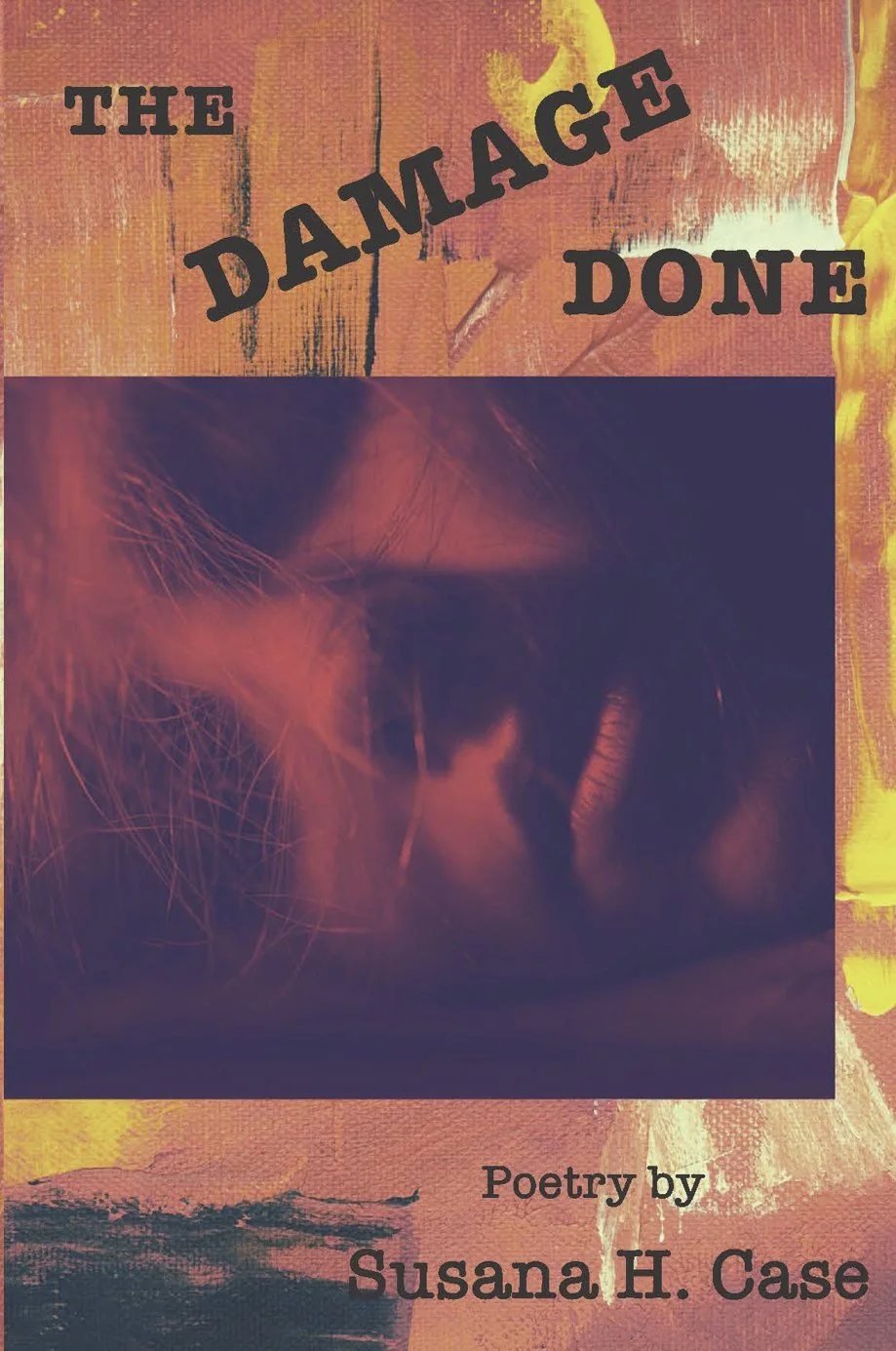Source: Publicity
Paperback, 336 pgs.
I am an Amazon Affiliate
Poems From the Asylum by Martha H. Nasch, edited by Janelle Molony, with an introduction from Jodi Nasch Decker, is part poetry collection, part family history and mystery, and part examination of psychiatric practices at the time of Nasch’s confinement at St. Peter State Hospital in St. Peter, Minnesota.
I don’t plan to explore much of the history of her family or how she and her husband got together, had a child, were separated by her confinement, and eventually split up. The history is informative regarding her life, though there are some mysteries regarding her treatment at the hospital and her procedure that seemed to make her more ill after birthing her son. I’d rather focus on the poems, but the whole book is an interesting exploration of this family, its dynamics, psychiatric care at the time, and so much more. About 80 pages are dedicated to the family history, family tree, maps of the neighborhoods, and more. About two-thirds of the book is Martha’s poetry, written while she was in the asylum.
**Of note is that there are asides detailing the meaning of metaphors used by Martha, as well as other techniques, which too me seemed overdone and extraneous, but to others could be helpful.**
From the early poems, it is clear that Martha feels betrayed, whether her poems are about a specific or imagined infidelity by her husband, it is unclear. Martha does not specify with whom or when the affair occurs, but it is clear that she is devastated. “When the dearest one she had on earth was unfaithful to his wife./” (from “Forbidden Lust,” pg. 94) Many of these poems read like short diary entries, seeming to be the way in which Martha tries to make sense of the heartache she feels as she has nothing else to do in the asylum but feel and wallow. She even wishes that he could feel the bitterness she does, but by the time he begs her for forgiveness, it will be too late, she says in “Failure.”
In many ways her poems fit nicely in the modernist movement of poetry, mirroring a stream of consciousness style but with rhyme.
One of my favorite poems in the collection is “A Cottonwood Tree.” Martha remembers her love of nature and the changes of seasons, but soon comes to a realization that she has become like the tree, losing its leaves and entering its fall season. “To have no world, nor loved ones near,/All nature’s beauty marred./To be cast into hell, alive,/And in an asylum, barred.//” (pg. 121)
Not all of these poems are merely dedicated to her role as wife and mother. There are some about other patients, etc. These are equally as interesting. Poems From the Asylum by Martha H. Nasch, edited by Janelle Molony, with an introduction from Jodi Nasch Decker, gives readers a glimpse into world of asylums at the time, and into the mind of a woman isolated from her family.
RATING: Quatrain
Check out this interview with Janelle Molony and Jodi Nasch Decker:



 About the Author:
About the Author:
 About the Poet:
About the Poet:

 About the Poet:
About the Poet:
 Source: Purchased
Source: Purchased






